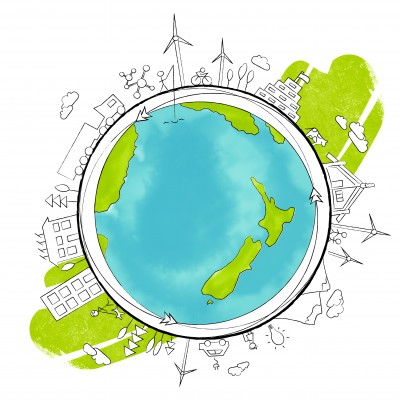This inquiry investigated the challenges of, and identified opportunities for, reducing New Zealand’s emissions, in the context of an ambition to achieve net-zero emissions by 2050. Read our brief from the Government here.
The Commission engaged with a large and diverse group interested in climate change and mitigation policy. We completed over 120 engagement meetings (including overseas), 34 conferences/events and received 403 submissions. Modelling work was also undertaken by a consortium of Vivid Economics, Concept Consulting and Motu Economic and Public Policy Research of different transition pathways to a low-emissions economy, examining respective impacts and outcomes.


